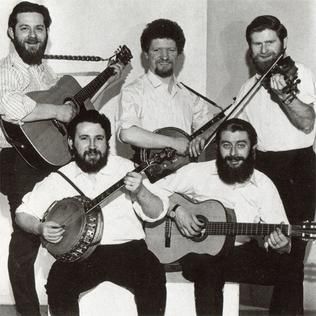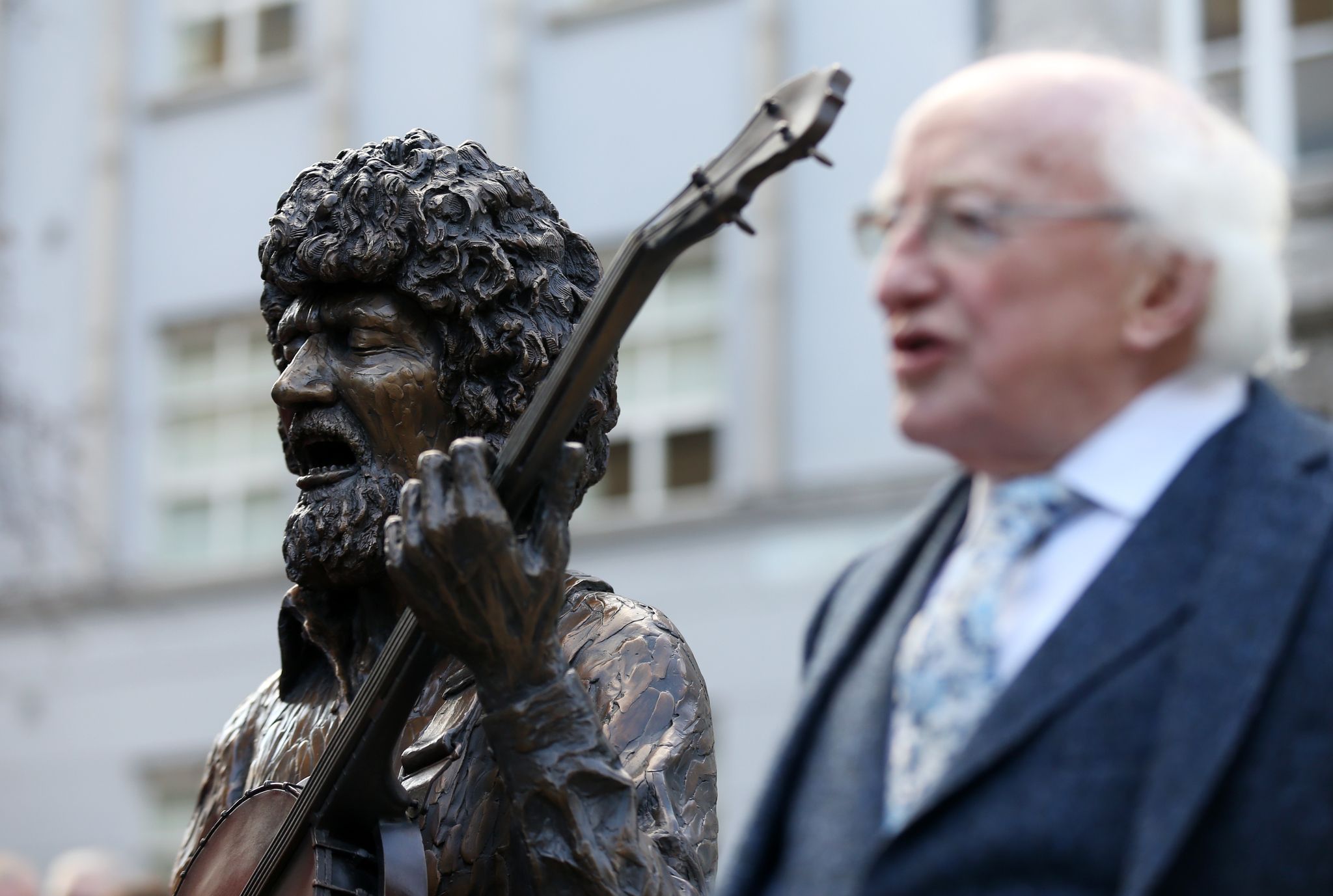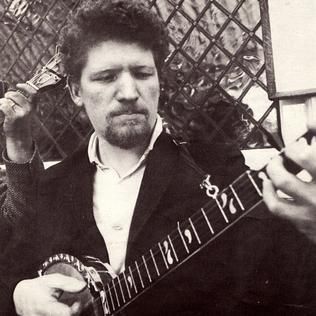In a recent Irish poll, Luke Kelly was voted “the best representative of Irish heritage.”
What a distinction for this son of inner city Dublin who left school at 13, and eventually took the emigrant boat to England in the dismal 1950s.
But then Luke, by his early 20s, was a local legend long before he gained fame internationally as singer/banjoist with The Dubliners.
I had the good fortune to come under his influence early on. As a callow youth, I came second in a talent competition held during the Wexford Opera Festival. The Dubliners were playing a week’s residency at the same venue, so I got to watch them nightly from side stage.
Luke and Ronnie Drew shared lead vocals during these stunning gigs. Every act that visited Wexford in those days “performed.” The Dubliners, instead, straggled onstage and captivated the audience with their songs and naked charisma. They left an indelible mark on the town.
The original Dubliners with Luke Kelly standing in the middle at rear.
In 1967 the Fleadh Cheoil was held in nearby Enniscorthy. On the closing Sunday evening thousands gathered in the old Town Square.
Traditional heads were hammering out jigs and reels to beat the band when a hush descended on the square as whispered word was passed around that Luke Kelly was about to sing. There was a silent surge forward and some sturdy GAA men took it upon themselves to act as stewards.
From out of nowhere Luke appeared, his head of red curls flashing in the sunset. He carefully removed his banjo from its case, and a bottle of Baby Powers from his back pocket. Then he was hoisted up on the roof of a car and stood there swaying until he gained his balance.
He took a healthy swig of the whiskey and passed the bottle down to a friend with a nod and a wink.
Some idiot broke the silence and was immediately shushed by a multitude of angry listeners. Luke didn’t even seem to notice. Then he began to sing to the accompaniment of his banjo, and his voice ricocheted across the sacred square where Pikemen had routed the English 169 years previously.
His first song was "The Leaving of Liverpool." But when the chorus arrived, no one joined him on “So fare thee well, my own true love, and when I return united we will be…”
We had no wish to hear ourselves; we wanted to drink in this redheaded seanchaí who had packed so much living into his 27 years.
President Michael D Higgins at the launch of John Coll’s Sculpture of Luke Kelly in South King Street, Dublin. Photo by Sam Boal/RollingNews.ie.
He seemed surprised, but seized the moment and sang another half-dozen songs, one as revealing as the other. On that evening he was the working class hero that John Lennon longed all his life to be.
What was so striking about Luke? Well, he was the man for that moment in the “summer of love.” The gangly Dublin kid who had endured the hard knocks of class-conscious Catholic Ireland came into his own in the heathen pubs and folk clubs of Northern England.
He came under the influence of proletarian intellectuals like Ewan McColl and Dominic Behan. They raised his political consciousness and taught him how to sing songs without frills or adornment, songs with a message that would soon pierce the hearts of a generation.
For Luke had that rare gift that I’ve only experienced from two other performers, Bob Marley and Bruce Springsteen. No matter the size of his audience, he was singing to just you alone.
The Dubliners were a groundbreaking band. They liberated their audiences by sweeping away the vestiges of British colonialism and Irish conservatism in a wave of innovation, braggadocio, and musicality.
As time went on, however, the moments of silence became rarer and Luke seemed to retreat into himself. He would no sooner begin one of his gems than the crowd would join him in full throat. There were times he appeared disconnected, almost disinterested.
Booze, late nights, and constant travel wear everyone down unless there’s something to look forward to. His health suffered and eventually collapsed. He was only 43 when Dublin came to a standstill for his funeral.
His music lives on though. His clear rugged voice still cuts through speakers and AirPods, and I’ll never forget that evening in Enniscorthy Town Square when he silenced every whisper and set the heather blazing.








